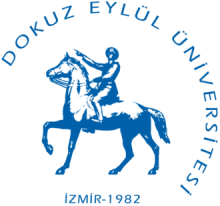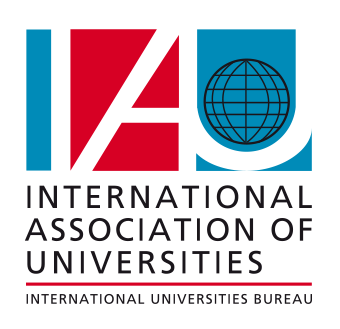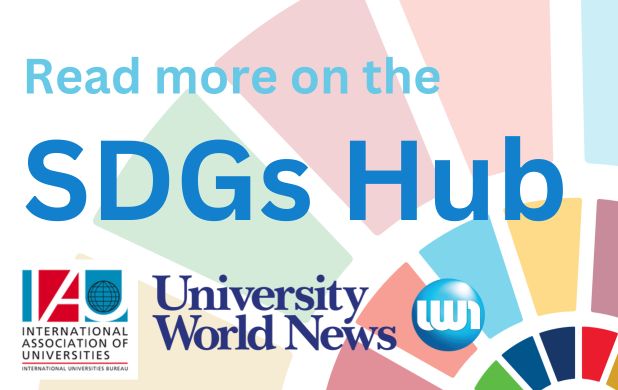Dokuz Eylül University
Alsancak, No: 144 35210, Cumhuriyet Blv,
35220, Konak, Türkiye
The IAU WHED ID Is a global unique identifier. Learn more here on the IAU World Higher Education Database.

About
Dokuz Eylül University (DEU) is a university in İzmir, Türkiye founded in 1982. DEU has 18 faculties involving the fields maritime, education, literature, science, fine arts, nursing, law, economics and administrative sciences, theology, business, architecture, engineering, medicine, veterinary, dentistry, tourism, sports sciences, phisical therapy and rehabilitation, 10 graduate schools and institutes, 1 conservatory, 2 schools, 6 vocational schools and 49 research and application centers.
Internationalisation
DEU has 76 academic collaboration protocols with academic institutions across the World. The DEU establishes international strategic partnerships, knowledge alliances and participates into networks and take policy support measures. DEU considers internationalisation not an end in itself but as a drive for improvement with the aim to infuse international perspective into its institutional culture. lnternationalisation strategy of the DEU involves attracting researchers to DEU ‘ and preventing brain drain, increasing transnational mobility of both outgoing and incoming students. Through EU and non-EU collaboration agreements, internationalisation of the curriculum through adaptations in line with the Bologna process, diversifying teaching and research stuff. Strengthening research and knowledge production through strategic partnerships at both national and international level, establishing strong research groups by participating in international: scientific networks and being part of the global academic community within which to benchmark and share good practices.
Sustainability
In pursuit of encouraging sustainability on campus, DEU has launched its sustainability office. Since its establishment, the university's sustainability office has focused on monitoring, documentation and development of the activities carried out by the university in the fields of land use, energy consumption, waste and water management, transportation, and education and research.


